Dental emergencies can happen at any time, often catching us off guard and causing significant pain or distress. Knowing what qualifies as a dental emergency is essential for seeking timely and appropriate treatment. Whether you’re experiencing a sudden toothache, trauma to the mouth, or other urgent dental issues, understanding when to contact an emergency dentist can save your teeth and alleviate discomfort. In this quick guide, we’ll explore the key signs of a dental emergency and provide useful advice on accessing emergency dental care, especially if you’re searching for an “emergency dentist near me open now” in Australia.
What Constitutes a Dental Emergency?
A dental emergency typically involves conditions that require immediate attention to relieve severe pain, prevent infection, or save a tooth. While not every dental problem demands emergency care, certain situations warrant urgent intervention. Here are the most common dental emergencies you should be aware of:
1. Severe Toothache
A persistent or severe toothache that doesn’t subside with over-the-counter painkillers can indicate an underlying infection or abscess. Infections in the tooth or gums can spread quickly, leading to more serious health complications if left untreated. If you experience throbbing pain, swelling, fever, or a bad taste in your mouth, it’s time to seek emergency dental care.
2. Knocked-Out Tooth (Avulsed Tooth)
If you or someone else suffers a knocked-out tooth due to trauma, this is a true dental emergency. Time is of the essence, as the chances of saving the tooth increase significantly if treated within 30 minutes to an hour. Carefully retrieve the tooth by the crown (not the root), rinse it gently without scrubbing, and keep it moist in milk or saliva while heading to an emergency dentist immediately.
3. Cracked or Broken Teeth
A cracked, chipped, or broken tooth can be painful and may expose the sensitive inner layers of the tooth to bacteria. Sharp edges can also injure your tongue or cheek. If you experience sudden tooth pain after an injury or notice a visible crack, seek emergency dental care to prevent further damage or infection.
4. Lost Filling or Crown
Losing a filling or crown can expose the tooth to decay or sensitivity. While this might not always be an emergency, if the loss causes significant pain, discomfort, or the tooth feels loose, you should contact an emergency dentist. Temporarily covering the tooth with dental cement or sugar-free gum can help protect it until you can get professional treatment.
5. Abscess or Infection
Dental abscesses are pockets of pus caused by bacterial infections, often appearing as swollen, painful lumps on the gums or around a tooth. An abscess can lead to severe swelling, fever, and difficulty swallowing or breathing in extreme cases. Emergency dental care is critical to drain the infection and start antibiotics if necessary.
6. Bleeding After Dental Procedures or Trauma
Minor bleeding after dental work is normal, but uncontrolled or excessive bleeding following an extraction or injury is a dental emergency. If bleeding doesn’t stop after applying pressure for 10-15 minutes, seek immediate care to prevent excessive blood loss and complications.
7. Soft Tissue Injuries
Cuts or lacerations to the tongue, cheeks, gums, or lips can sometimes require emergency attention, especially if bleeding is heavy or wounds are deep. Clean the area gently, apply pressure to stop bleeding, and visit an emergency dentist to assess the damage and reduce infection risk.
When Should You Seek Emergency Dental Care?
Not every dental issue requires a trip to the emergency dentist, but you should consider emergency dental care if:
- You experience intense, persistent pain that doesn’t improve with pain relief.
- There is visible damage or trauma to your teeth or gums.
- You have swelling, fever, or signs of infection.
- You have difficulty breathing or swallowing due to dental injury or infection.
- You cannot find relief with home care or your condition worsens.
If you’re unsure whether your problem qualifies as an emergency, it’s best to call an emergency dental clinic or search online for “emergency dentist near me open now” to get advice and immediate assistance.
How to Find an Emergency Dentist Near Me Open Now in Australia
When a dental emergency strikes, finding an emergency dentist nearby who is open now can be stressful. Here are some tips to help you locate emergency dental care quickly:
- Search Online: Use search engines or maps and type “emergency dentist near me open now” along with your location to find clinics offering after-hours care.
- Contact Your Regular Dentist: Some dental practices provide emergency services or can refer you to an emergency clinic.
- Check Local Hospitals: Many hospitals have dental emergency departments or can guide you to appropriate services.
- Emergency Dental Clinics: Look for dedicated emergency dental clinics, which often operate outside regular business hours.
Make sure the emergency dentist you choose is registered and qualified, with good reviews and the capability to handle your specific dental emergency.
Tips for Managing Dental Emergencies at Home
While waiting for professional care, there are a few things you can do to manage pain and prevent further damage:
- Rinse your mouth gently with warm salt water to reduce swelling and clean the area.
- Apply a cold compress to the outside of your cheek to minimise swelling and numb pain.
- Take over-the-counter pain relievers like paracetamol or ibuprofen as directed.
- Avoid chewing on the affected side and steer clear of hard or sticky foods.
- If you have a knocked-out tooth, keep it moist and avoid touching the root.
In summary, knowing what qualifies as a dental emergency can make all the difference when urgent care is needed. Severe toothaches, knocked-out teeth, broken or chipped teeth, infections, and excessive bleeding are clear signs you should seek emergency dental care promptly. In Australia, accessing an emergency dentist near me open now is possible by using online resources or contacting local dental clinics and hospitals. Remember, timely intervention not only alleviates pain but can also save your teeth and prevent serious health issues. If you face a dental emergency, don’t hesitate—get in touch with a qualified emergency dentist immediately for expert care and peace of mind.
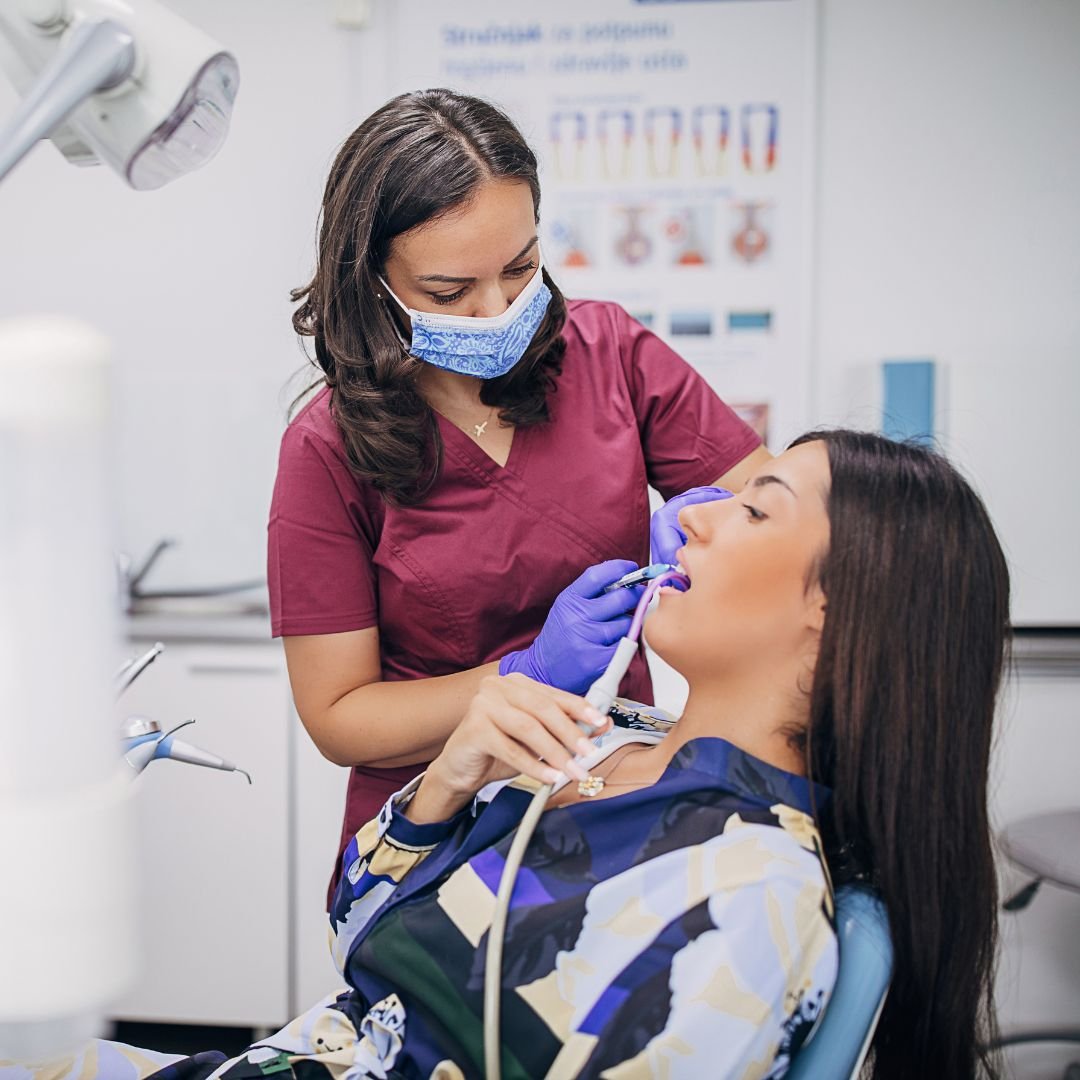

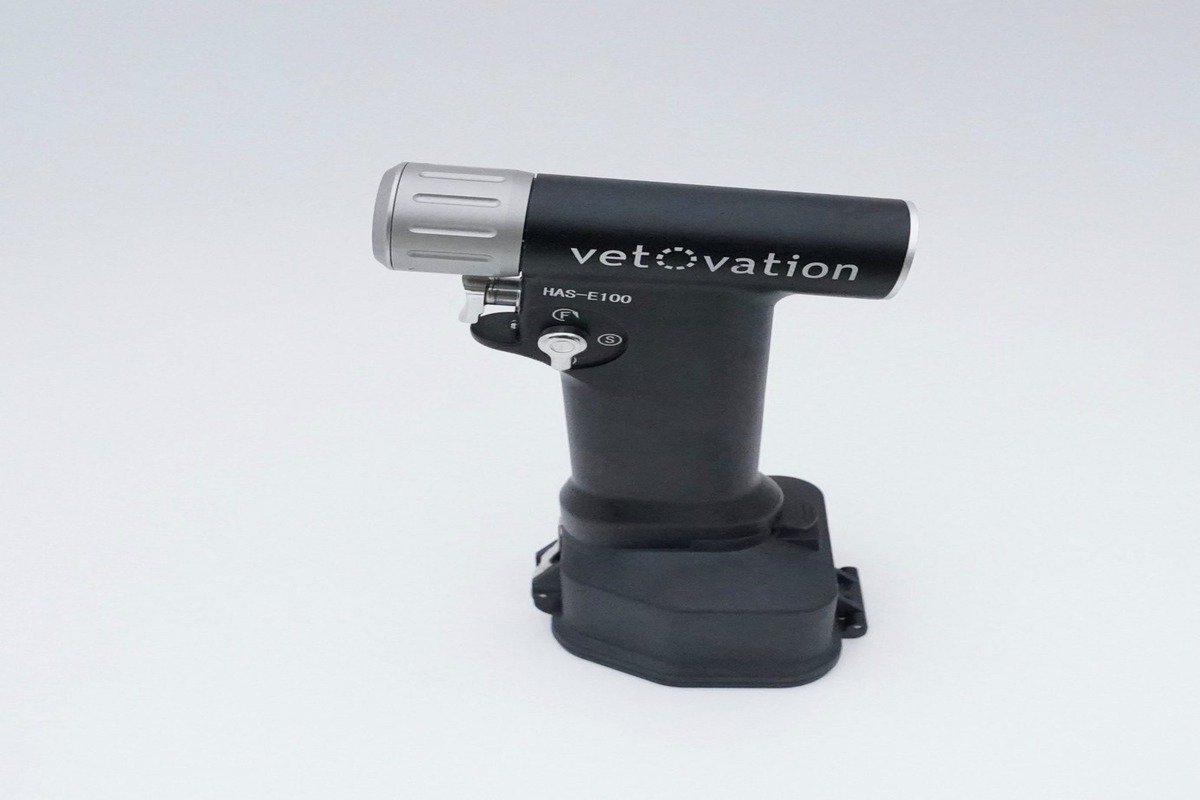
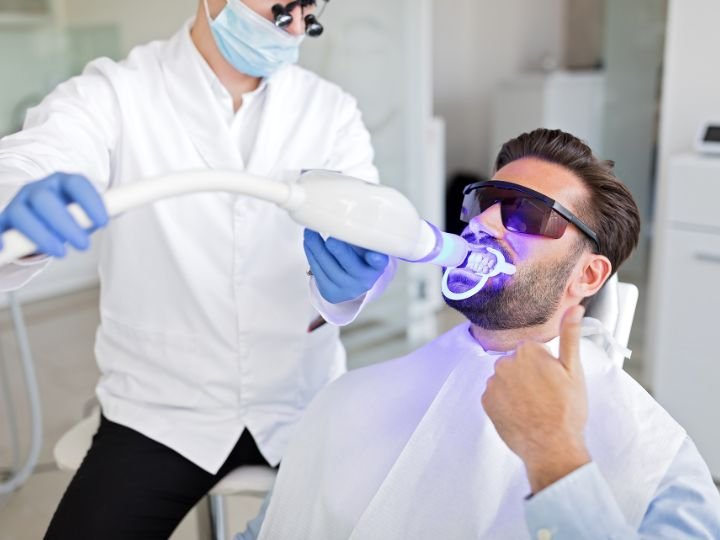




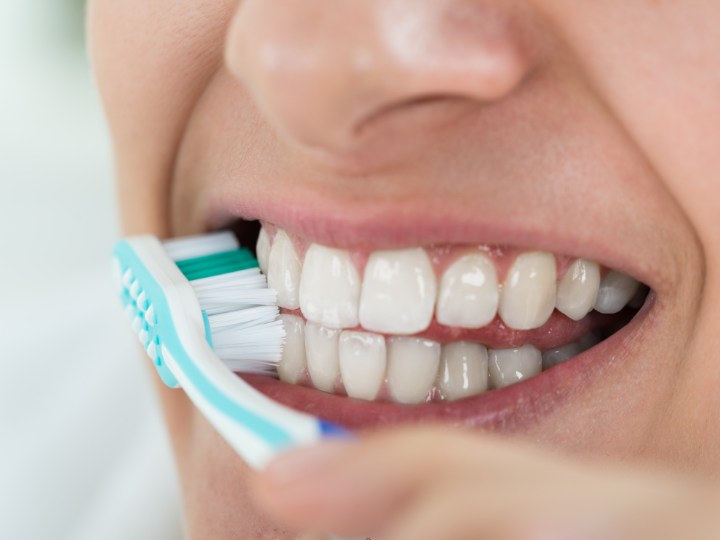
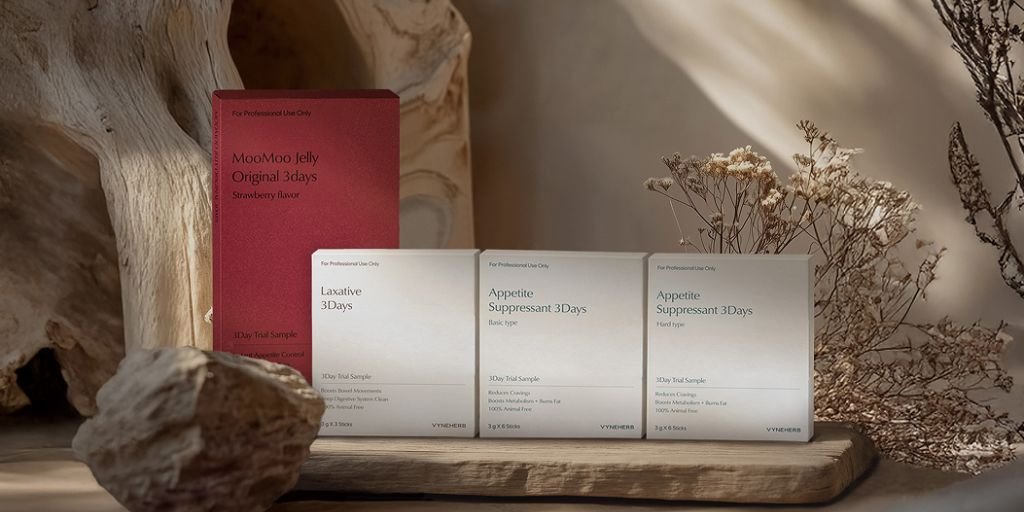



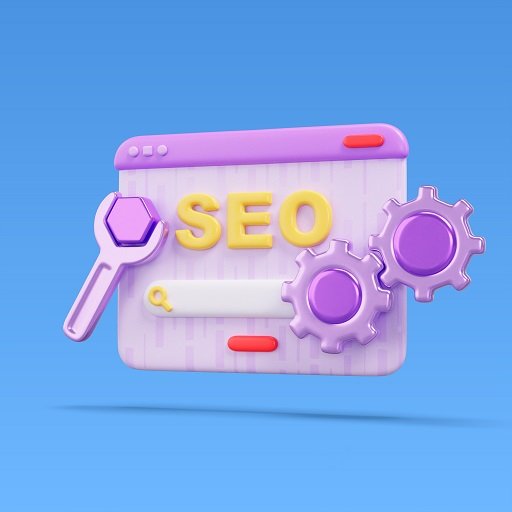
Leave a Reply